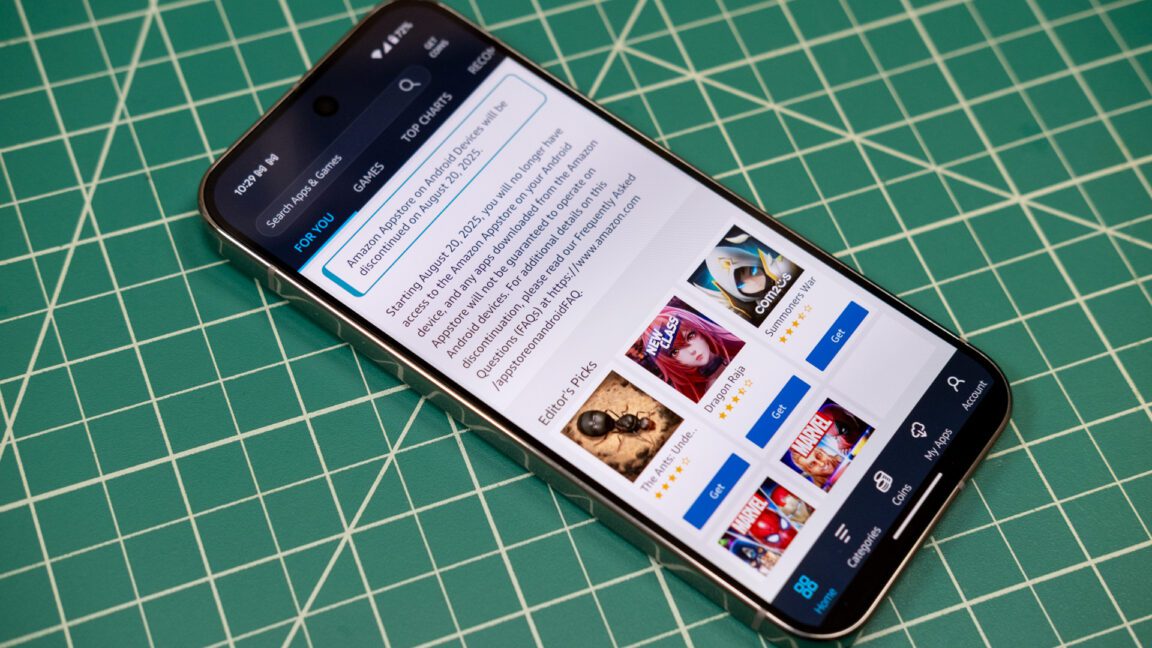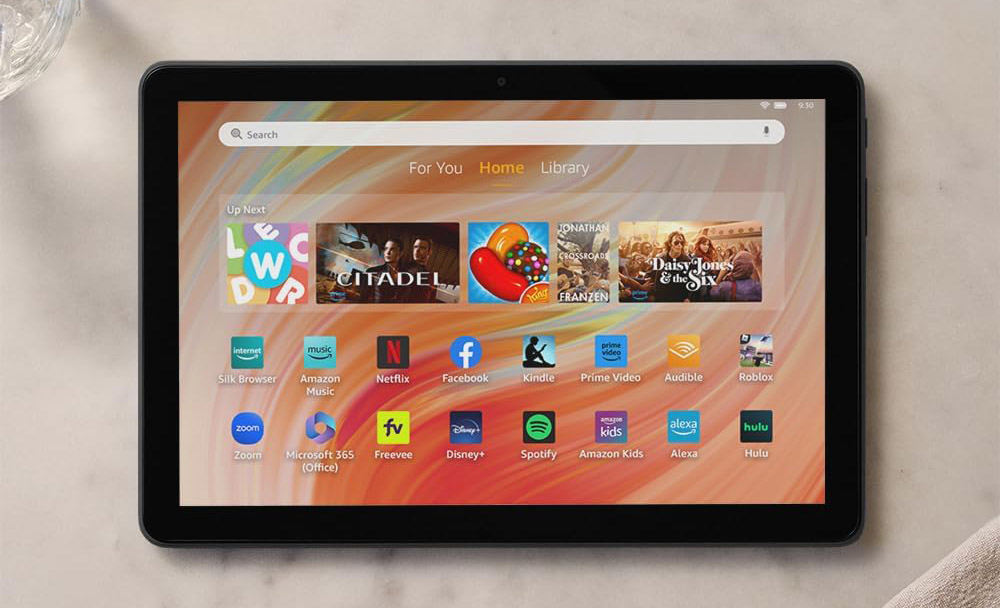
Following its recent legal setback, Google might have to open the Android ecosystem to third-party app stores. This could involve sharing the Google Play app catalog and facilitating the distribution of other platforms, providing an opportunity for companies like Epic Games and Microsoft to gain traction. Although Amazon could have gained advantages as well, the company’s choice to discontinue phone support for its Appstore highlights the limited user base. The situation may have been different if Microsoft had not discontinued the Windows Subsystem for Android in 2024, which relied on the Amazon Appstore for distributing applications.
The Fire Device Dilemma
Amazon faces an additional challenge that may clarify its decision to neglect the Appstore for so long. While the company has chosen not to compete head-to-head with Google, it cannot disregard its need for Android applications. Despite not producing smartphones (aside from the unusual phone released in 2014), Amazon does provide a variety of Fire tablets and Fire TV streaming devices that operate on Android. However, the company prefers you don’t associate them with Android.
Amazon’s Fire devices run on a customized version of Android called Fire OS, yet the company is reluctant to acknowledge its Android roots—terms like “Android” are notably absent from product descriptions. Amazon maintains that the Appstore will still function on Fire devices, as it has no option but to support them since they lack Google services. Users with budget-friendly tablets or Fire TV Sticks will still have access to streaming applications and basic games. However, there are indications that future Fire hardware might move away from Android altogether.

The presence of Fire devices running Android may shed light on Amazon’s ambiguous communication regarding the Appstore’s shutdown. The company states that apps “will not be guaranteed to function on Android devices” post-shutdown, with “Android devices” specifically referring to smartphones, as Amazon does not classify Fire tablets and Fire TVs in the same category. If Amazon were not dependent on the Appstore for its Fire devices, there would be less ambiguity surrounding the situation.
Thus, Fire users, who likely constitute the majority of Appstore activity, will not face significant changes in app accessibility. Amazon is aware that there won’t be an influx of dissatisfied customers losing access to their apps. However, developers who have invested time into creating phone-optimized applications on the Amazon store may feel frustrated, as their efforts will become obsolete once the phone client discontinues. Nevertheless, the impact on revenue is expected to be minimal, given the relatively small user base of Amazon’s app store.









